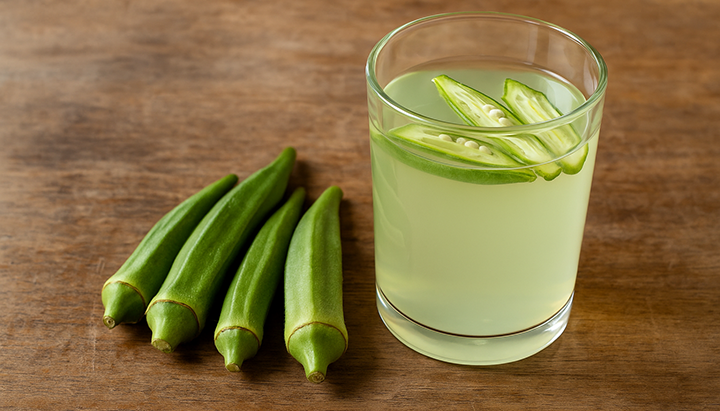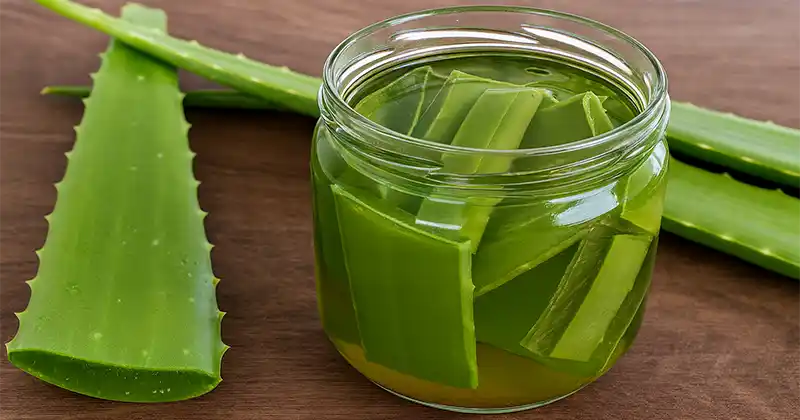Red Clover, a botanical known as Trifolium pratense, is a flowering plant that stands out for its wide range of health and medicinal benefits. This article delves into the various ways in which red clover can be beneficial to your health.
Skin Health and Treatment: Renowned for its effectiveness in managing skin conditions, red clover offers relief for a variety of skin problems. It’s particularly useful for treating eczema, acne, rashes, and psoriasis. In addition to these conditions, it’s beneficial for healing skin infections, athlete’s foot, insect bites, and burns. Red clover can be used both as an internal remedy in tea form and externally as a wash.
Cancer Prevention Potential: Rooted in traditional Chinese medicine, red clover contains isoflavones, which are thought to have cancer-preventing properties. They seem particularly effective against cancers related to hormonal changes, such as prostate, breast, and endometrial cancers. However, it’s important to note that ongoing research is required to fully understand its impact, especially concerning breast cancer.
Cardiovascular Health: Red clover plays a significant role in cardiovascular wellness. It assists in lowering LDL cholesterol levels and promoting smooth blood circulation. The presence of coumarins in red clover is key to stimulating healthy circulation and thereby aiding in the prevention of cardiovascular diseases. It also has diuretic properties, which help in detoxifying the body.
Relief from Menopausal Symptoms: Many turn to red clover for relief from menopausal symptoms like hot flashes and night sweats. While some studies show benefits, others have inconclusive results, making it important to consult healthcare providers before using red clover for these purposes.
Bone Health Enhancement: Packed with minerals like potassium, red clover contributes to improving bone density. This is particularly beneficial in preventing osteoporosis, a condition more common in postmenopausal women.
Immune System Support: Regular consumption of red clover, particularly in tea form, can bolster the immune system. This boost is beneficial in fighting respiratory congestion and other related health issues.
Anti-Inflammatory Properties: Red clover is known for its anti-inflammatory properties, which can be particularly helpful for conditions like arthritis. Its antioxidants also contribute to maintaining healthy, youthful skin.
Usage and Dosage: Available in various forms, including teas, tinctures, capsules, and syrups, red clover is versatile in its application. For skin conditions, topical treatments such as infusions, liquid extracts, or ointments are recommended.
Precautionary Measures: Generally considered safe, red clover might cause side effects in some individuals, including headaches, nausea, and muscle pain. It is not advised for use during pregnancy, breastfeeding, or by those with a history or high risk of certain cancers.
Harvesting and Culinary Use: When growing red clover, it’s best to harvest the blossoms in the morning. The plant is versatile in the kitchen, used in salads, soups, and stews, or even made into jelly. For topical applications, it can be processed into tea, poultice, or salve.
In summary, red clover is a multifaceted herb that offers various health benefits. However, it’s crucial to consult a healthcare professional before incorporating it into your health regimen.

















